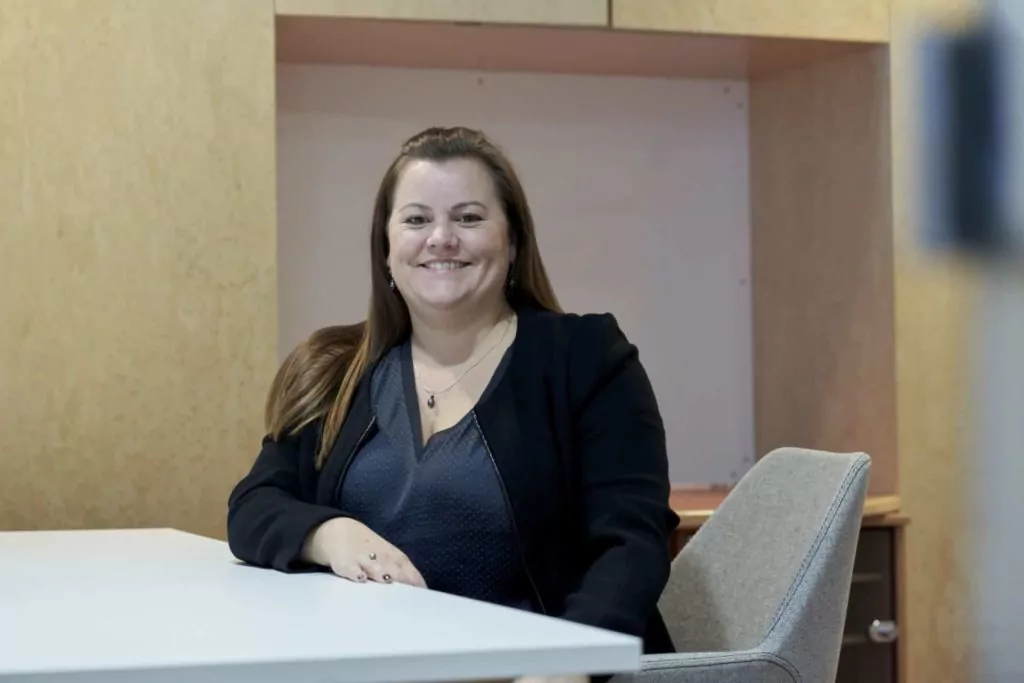
Rea v Rea: The final chapter in a long running Undue Influence saga?


The Court of Appeal has recently handed down judgment in the case of Rea v Rea.
The first instance decision (which was in itself a retrial of an initial decision made and overturned because the court found that the Judge had unfairly refused to allow the defendants to cross examine the claimant) concluded that the deceased's last Will made in 2015, drafted by an independent solicitor and witnessed by the solicitor and the deceased's GP, was invalid as it was procured by undue influence.
That decision was appealed and now the Court of Appeal has overturned the decision, reaching the conclusion that the Deceased did in fact make a valid Will in 2015 and was not coerced by her daughter into changing her Will.
Background
Anna Rea died leaving four children – one daughter, Rita, the claimant, and three sons, who were the defendants. In 1986, Anna made a simple one-paged Will appointing Remo as the sole executor of the estate and dividing the estate between the four children in equal shares.
In 2015, Anna made a new Will which the court referred to as a "much more elaborate document". Under the terms of this Will she made a specific gift of her property (the largest asset in the estate) to her daughter absolutely, with the residue being divided equally between the four children.
This Will was prepared by a solicitor who witnessed the execution of the Will together with Anna's GP.
The first trial
Rita issued proceedings to prove the 2015 Will in solemn form. Her brothers counterclaimed challenging the validity of this Will on the grounds of lack of testamentary capacity, want of knowledge & approval, undue influence and fraudulent calumny.
The judge concluded that the brothers had fallen 'well short' of the requirement to prove their claims. He dismissed every allegation and found in favour of Rita.
The first appeal
The brothers were successful in overturning this decision on the basis of a procedural error. The Court of Appeal ruled that there should be a re-trial of the case.
The second trial
In the High Court the judge found that:
- Anna had the requisite testamentary capacity to make a Will.
- Anna knew and approved the contents of the Will.
- Rita had pressured the deceased into making a new Will leaving the house to her, not by convincing the deceased that this was the right thing to do but by applying some form of undue influence over her.
- There was no fraudulent calumny.
The factors which the judge said had persuaded him that Rita had exercised undue influence over Anna were:
- Anna's frailty and vulnerability.
- Anna's dependency on Rita.
- Rita had made the arrangements for Anna to change her Will.
- The dramatic departure from the long held testamentary intentions.
- He did not believe the account of how Anna had expressed her wish to make a new Will. It was not language that he considered Anna would have used.
- Neither Rita nor Anna disclosed the existence of the 2015 Will to anyone before Anna's death.
The Judge therefore ordered revocation of the 2015 Will in favour of the 1986 Will.
The second appeal
The Court of Appeal held that the Judge was mistaken in their findings. Lord Justice Newley stated, that for coercion to be proved, it had to be shown to be probable that any other possibility and that here there was no question of coercion.
The court commented that there was a perfectly rational basis for giving Rita the property as she had lived there and looked after the deceased for 6 years, whereas the deceased considered that her sons "did not care for her and had abandoned her".
The judges were unanimous in finding for the validity of the 2015 Will.
Points of interest
A point to note from the judgment is the importance of the solicitors’ and medical experts’ opinion. The solicitor drafting the 2015 Will believed that the Deceased had capacity and was not under any influence.
The court found that the solicitor was competent and a reliable and honest witness, and as such the Court of Appeal took her comments into consideration when reaching their decision.
The evolution of this case underlines how difficult it is to succeed with an undue influence case, especially where an independent experienced solicitor has prepared the Will and taken the precaution of having the Will witnessed by a medical professional.
If you have any questions about this case, please contact the Contentious Probate team.
















